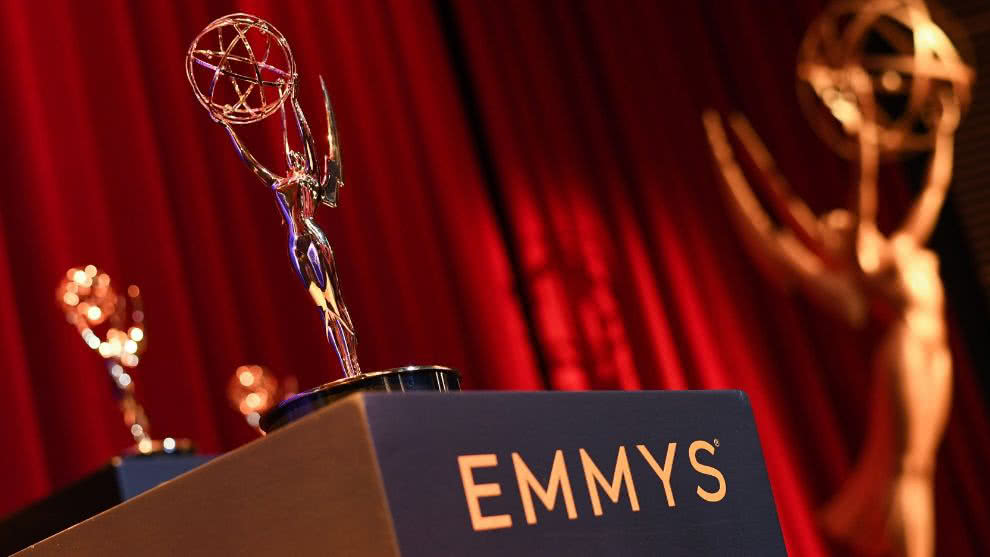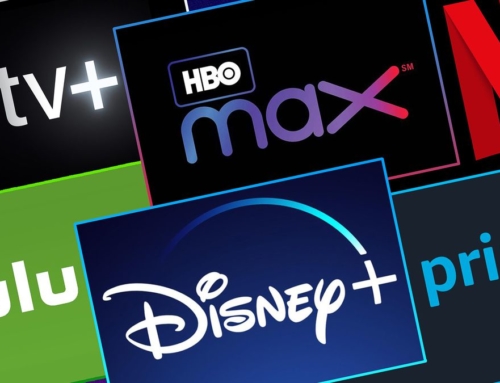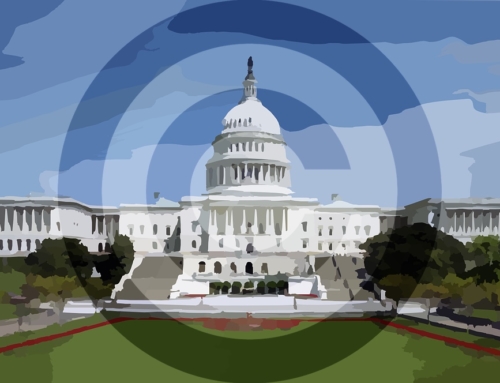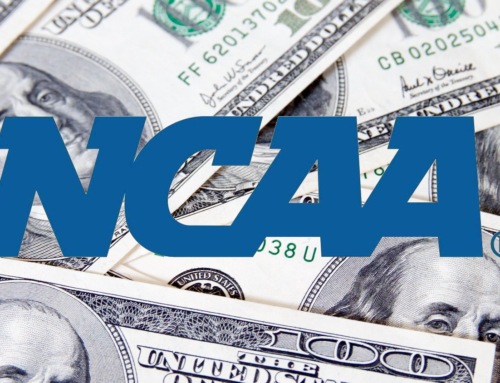While most of us look at September as a sad end to summer, this is the time of year where one area of the world starts heating up in a very particular way. In Hollywood, September marks the start of awards season, when the best of the best from the previous year of entertainment are given prizes and awards, for both their artistic merit and their ability to generate sales and revenue for those that birthed them. This chaotic season begins with the Emmys each year, which awards the best in television programming. This year’s nominees represent a diverse grouping of programs spanning several genres and niche interests. It is perhaps the most diverse group of nominees the competition has ever had. While this should be a sign of stiff competition at this year’s event, the ceremony will likely play out in similar fashion to previous years. That is to say — as is the case with most entertainment awards — industry politics play a pivotal role in determining the winners. Here’s exactly how this weekend’s Emmy winners will be decided.
The Process
For the most part, the Emmys have a very straightforward voting process — perhaps more so than any other awards ceremony. Once the nominees have been announced, the Academy asks for volunteers among its members to judge them and decide the winners. These volunteer judges are grouped into their respective peer groups — actors vote for actors, directors vote for directors, and so forth — meaning the number of voters for each category varies. Before their votes can be counted, members must confirm that they have actually watched the nominated programs. This process has changed drastically over the years. Initially, marathon screenings were held in Hollywood. This method, however, came to be criticized as many felt it only allowed certain members of the industry to participate. In 2000, the Academy started letting members watch tapes of the nominees at home. Today, Academy members are encouraged to log on to a secure web platform to stream nominated programs. Many members agree that these changes in the voting process have been the catalyst to more members participating in the voting process and smaller, more “daring” shows being nominated because of it.
Once the nominated programs have been screened, voters send their ballots to Ernst and Young. At this stage, the votes are counted and the nominee with the highest number of votes is declared the winner. These selections are then sealed in envelopes, to be unveiled during the televised ceremony in September.
While this obviously sounds like a straightforward process, there is more happening behind the scenes during this stage that gives some programs an edge over the others.
The Politics
“For Your Consideration” campaigns are nothing new in Hollywood. They’re often what decides the nominations for the Academy Awards, and the Emmys are no different. Studios will often embark on wildly expensive campaigns, in which they essentially sell their program to Academy voters in hopes of landing a nomination and a win. While these campaigns started rather modestly as billboards in the Los Angeles area, they have expanded in recent years as the race between broadcast television and streaming continues to intensify. These days, campaigns include everything from social media strategies to huge soundstage installations, parties, screenings and even fashion shows for Academy members.
While lavish For Your Consideration campaigns don’t always directly result in Emmy wins for studios, they are the most clear-cut path to getting recognized in what has quickly become a sea of content. This year’s, Canada’s “Schitt’s Creek” is proof of that. After launching a modest but extensive social media and print campaign, the show landed its first nominations after being on the air for five seasons. Whether or not the show actually wins any awards on Sunday night makes little difference at this point, as the nomination campaign has already garnered countless headlines and effusive praise for the show from fans and critics alike.
Holding the attention of audiences is a difficult task in 2019, and that is especially true in the television industry. With more content available to be consumed than ever before, studios have had to get creative when it comes to ensuring they are remembered by critics and fans once awards season rolls around. The effort seems to have paid off for many programs this year, and whether or not those programs take home awards this weekend seems to matter less and less as the road to the Emmys — and the creative campaigns that lead there — garner more attention than the awards themselves.











Leave A Comment
You must be logged in to post a comment.